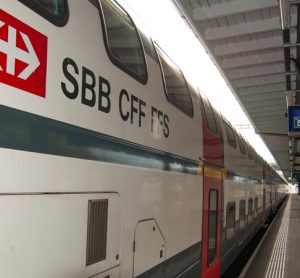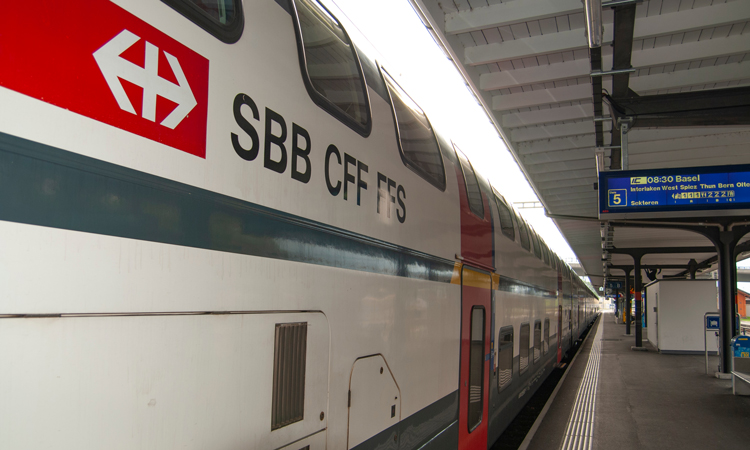Sweden’s plans to increase efficiency and reliability of transport systems
22 September 2011 | By Catharina Elmsäter-Svärd, Minister of Infrastructure, Ministry of Enterprise, Energy & Communications, Sweden
Sweden is a vast country. The distance from Ystad in the south to Kiruna in the north is approximately 1,800km, yet Sweden only has 9.3 million inhabitants. The majority of Swedes live in the southern half of the country and the population has, for a long time, become increasingly concentrated…





